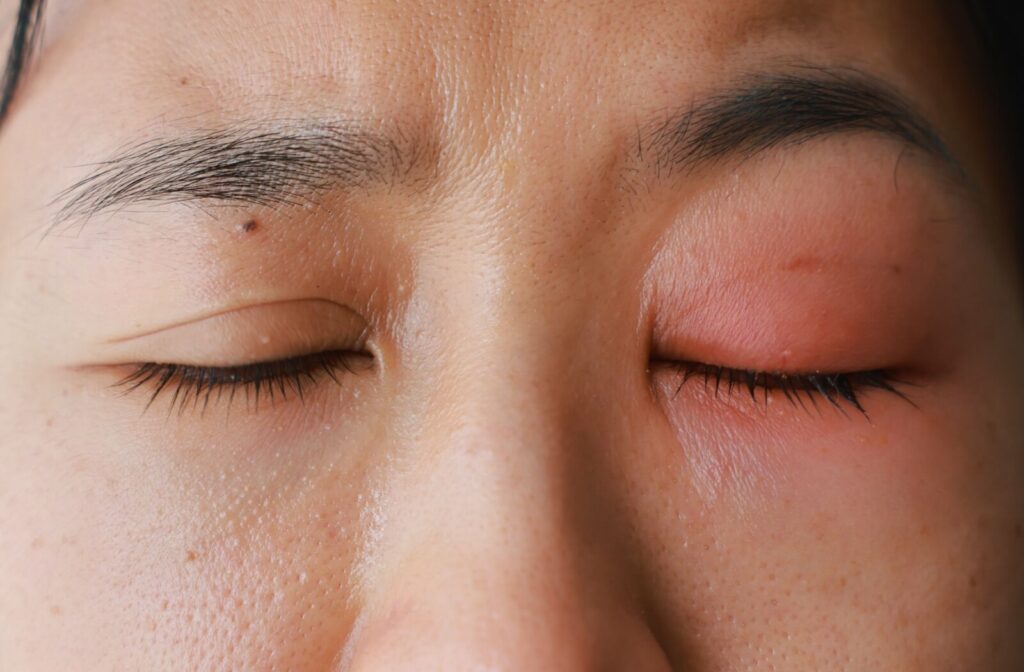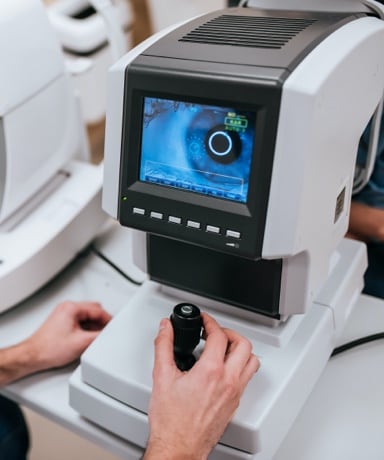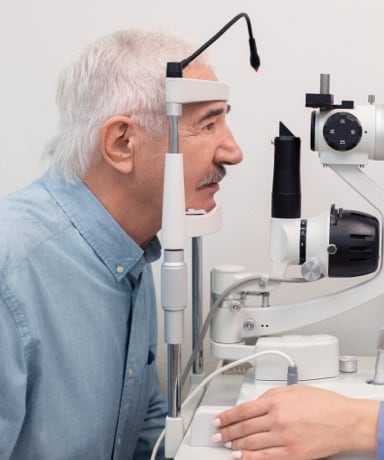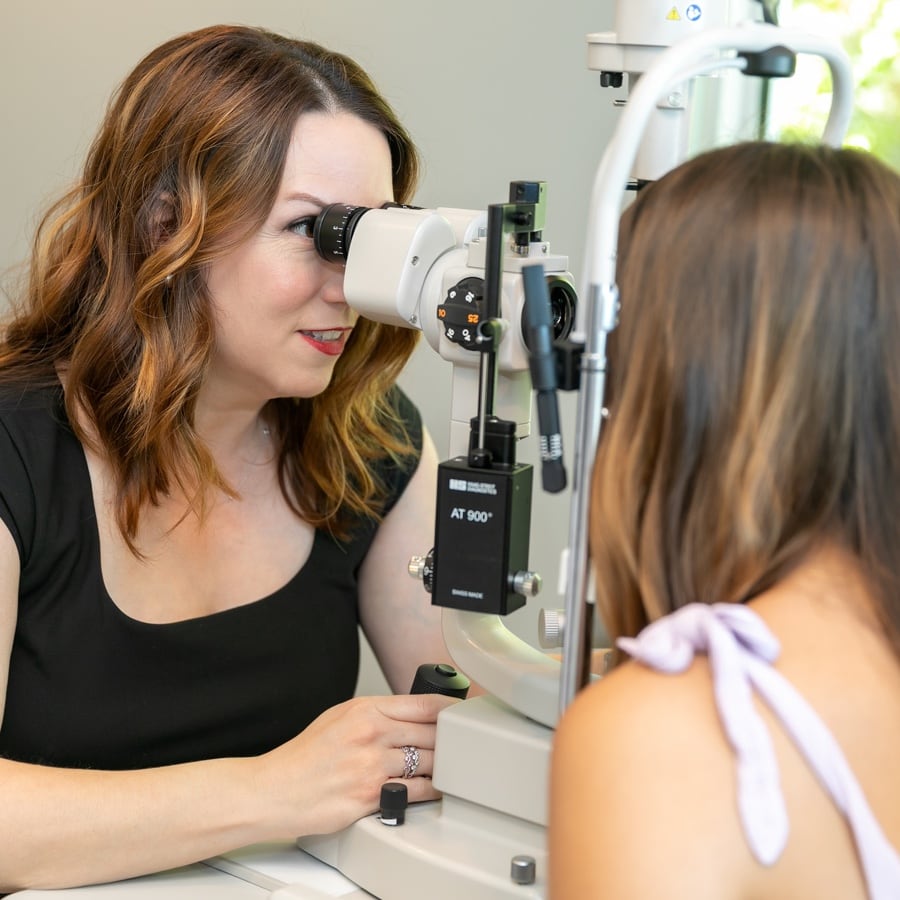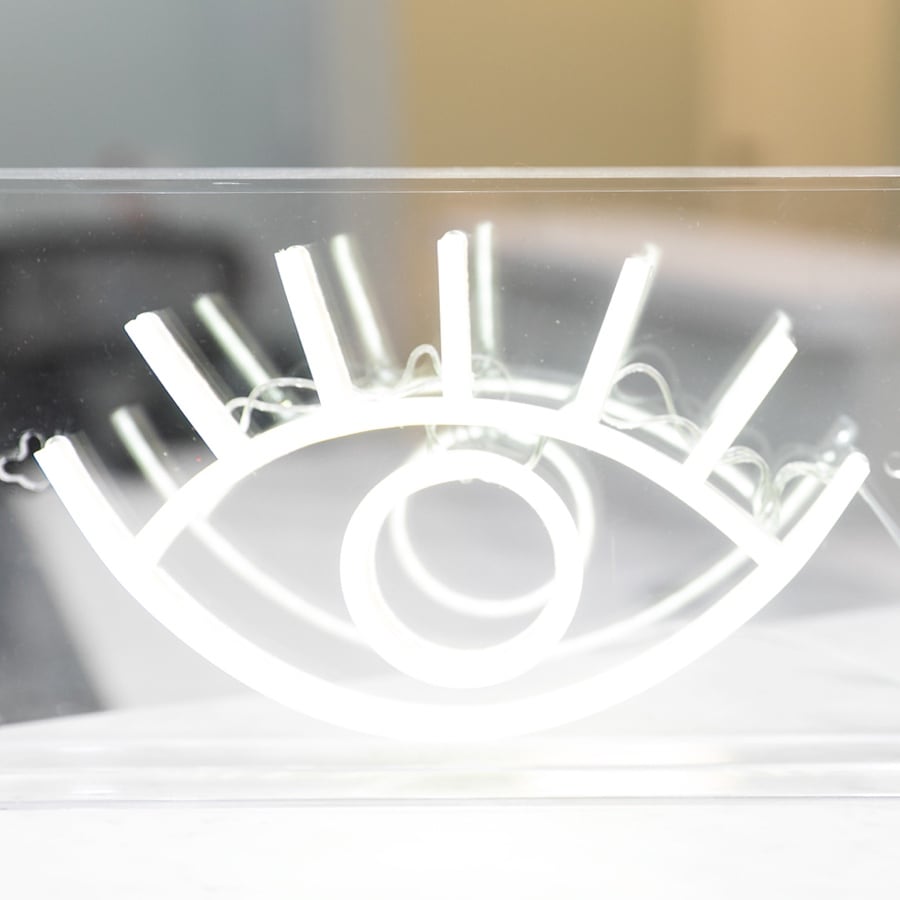Blepharitis is one of the most common eye conditions, yet many people know little about it. It may be to blame if you’ve dealt with red, swollen, or itchy eyelids. These symptoms are also common symptoms of contagious eye conditions like conjunctivitis (pink eye), but fortunately, blepharitis is not contagious to others. While blepharitis is uncomfortable and sometimes unsightly, it cannot be spread to others or caught from someone else. Fortunately can be managed with proper eye hygiene, IPL and sometimes, prescription treatments from an ophthalmologist.
What Is Blepharitis?
Blepharitis is chronic inflammation of the eyelids, mainly where the lashes grow. While it’s not usually serious, it can be a stubborn problem, leading to discomfort and even affecting your daily life.
What Causes Blepharitis?
Blepharitis is a multifaceted condition with various causes, but some common culprits include:
- Bacterial infections
- Clogged oil glands at the eyelid margins
- Skin conditions like seborrheic dermatitis or rosacea
- Allergies to cosmetics or eye drops
- A reaction to demodex mites, which naturally reside on our skin and can cause irritation if their population grows unchecked
Understanding the cause of your blepharitis is key to finding an effective treatment—but it also leads us to the big question: “Is blepharitis contagious?”
Can Blepharitis Spread from Person to Person?
The good news? Blepharitis is not contagious. Unlike conditions such as pink eye (conjunctivitis), you can’t catch blepharitis from someone else by sharing towels, makeup, or even close contact.
Since some forms of blepharitis are associated with bacteria or demodex mites, the problem lies more in individual susceptibility rather than person-to-person transmission. While the condition won’t spread like the flu, practicing good hygiene can still play a crucial role in managing and preventing symptoms.
Is Blepharitis Related to Other Eye Infections?
While blepharitis isn’t contagious, it can contribute to other unpleasant eye conditions, mainly if left untreated. Here are a few related issues:
- Styes and Chalazia: Blocked oil glands in the eyelid can lead to painful lumps, like styes or chalazia.
- Dry Eye Syndrome: Blepharitis often reduces the quality of tears, leading to dryness and discomfort, which is called dry eye syndrome.
- Corneal Problems: In severe cases, untreated blepharitis can irritate the cornea (the transparent layer of the eye), potentially affecting vision.
Treatment Options for Managing Blepharitis
Though there is no one-time cure, blepharitis can be managed. Common Treatment Options
- Warm compresses to help unclog oil glands
- Eyelid cleansing with eyelid scrubs or foam
- Prescription medications or IPL therapy for conditions like rosacea, if they’re the underlying cause
When Should You See an Ophthalmologist for Blepharitis?
While mild cases of blepharitis might improve with consistent lid hygiene, you should see an ophthalmologist if:
- The inflammation doesn’t improve after a week of home treatment
- You experience pain, blurred vision, or sensitivity to light
- You have related issues like a stye, chalazion, or dry eye
We can diagnose, recommend treatments, and monitor your progress.
Practice Good Eye Hygiene to Avoid Blepharitis & Other Eye Conditions
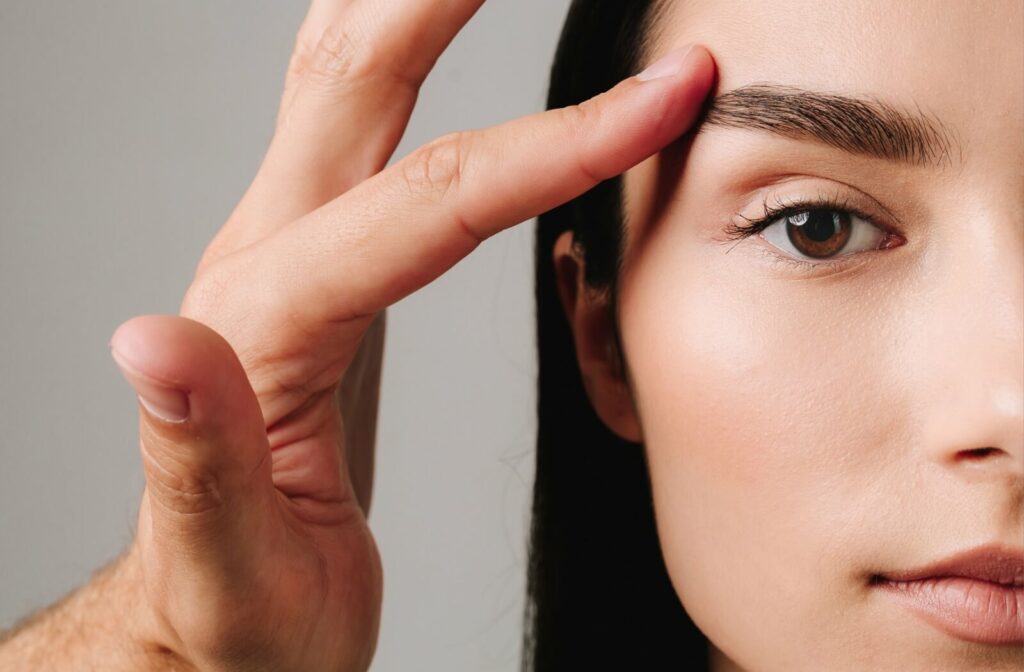
Whether you’ve experienced blepharitis or not, good eye hygiene is essential for maintaining healthy eyelids and minimizing the risk of inflammation. Your eyelids contain glands that are vital to tear production, and keeping your eyelids clean helps these glands function properly, preventing bacterial overgrowth or blockages.
Here’s how to incorporate it into your daily routine:
- Apply a warm compress to your eyelids for 5–10 minutes daily to soften oil deposits and boost gland function.
- Clean your eyelids gently with eyelid scrubs or foam
- Clean make-up brushes and applicators daily. Replace makeup regularly to prevent bacterial contamination.
- If you wear contact lenses, clean them thoroughly and replace them as recommended.
These proactive steps can help prevent blepharitis, improve overall eye health, and reduce the risk of other inflammatory conditions.
Keep Blepharitis in Check with Consistent Care
Blepharitis may not be contagious, but it is chronic. Understanding its causes and treatment options is the first step toward relief.
Gardens Eye Institute knows that whether you have occasional flare-ups or a chronic case, the right combination of treatments and good eye hygiene practices can help you find relief from blepharitis. Contact us today for a tailored treatment plan if you struggle to manage blepharitis.

